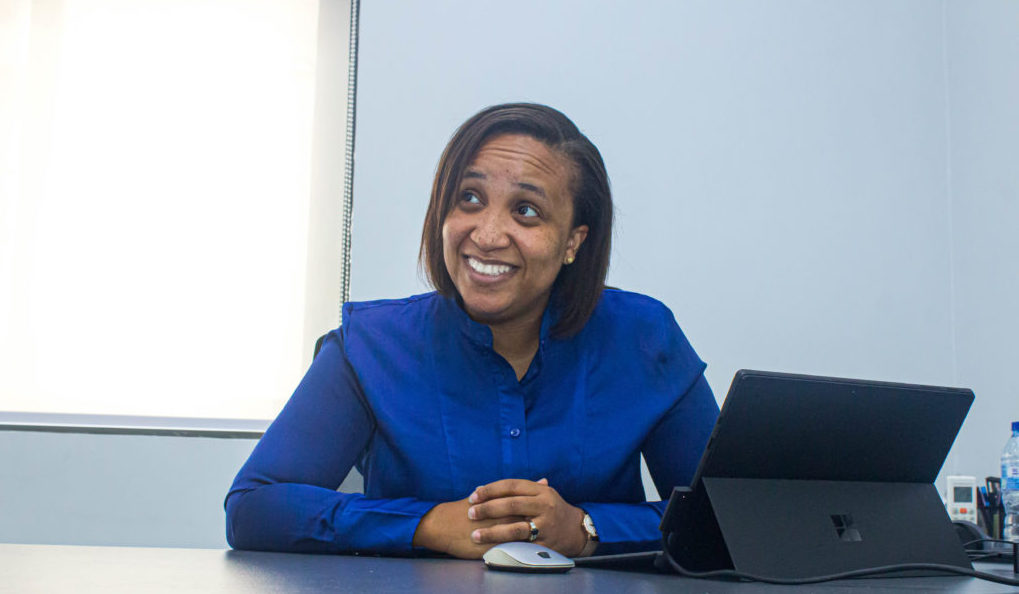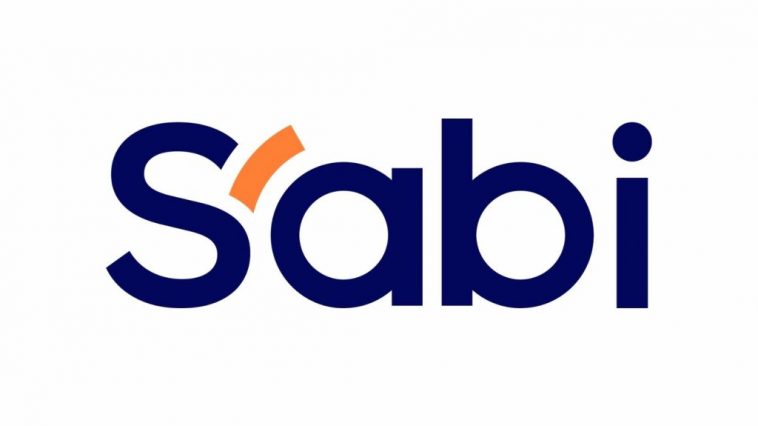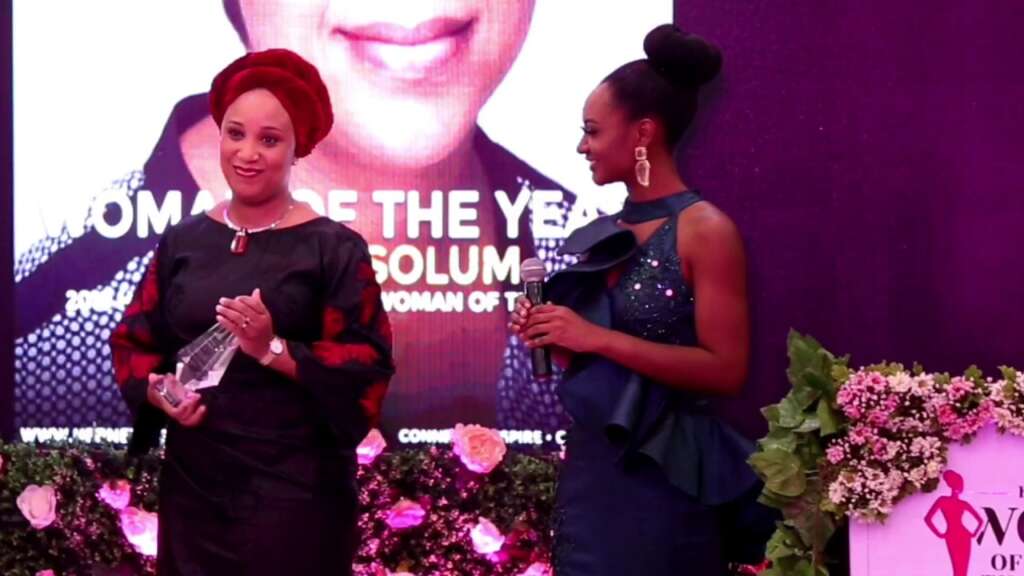In Africa’s fast-growing tech ecosystem, female founders remain a rarity, especially among the continent’s most funded startups. A recent report by Africa-focused funding analytics company, Africa: The Big Deal, revealed that only two of the 100 most funded startups in Africa are led by female CEOs. One of these exceptional women is Anu Adasolum, co-founder and CEO of the Nigerian logistics startup Sabi.
Adasolum’s journey to the top of Africa’s tech scene is a story of perseverance, strategic thinking, and a vision for transforming how small businesses operate across the continent.
Educational Foundations: From SOAS to the London School of Economics
Anu Adasolum’s academic background laid the groundwork for her successful career in leadership and entrepreneurship. In 2009, she graduated with a BSc in Economics and Politics from the School of Oriental and African Studies (SOAS), University of London. Her commitment to deepening her understanding of organizational structures and governance led her to pursue a Master’s Degree in Management, Organisation, and Governance from the London School of Economics and Political Science (LSE), which she completed in 2010.
Her academic training in both economics and governance became the cornerstone of her future leadership roles and entrepreneurial ventures.

Career Path: Building Strategic Experience
Adasolum’s career before Sabi provided her with the broad experience needed to understand complex organizational dynamics and large-scale operations. She held various strategic roles at companies like KPMG, Jumia, and Rensource Energy. At Rensource Energy, she served as both General Manager and Chief Operations Officer (COO), where she gained valuable insight into managing operations and leading innovative teams.
SEE ALSO: Spotlight: How Abdulazeez Ogunjobi is Revolutionizing Software Testing with Scandium’s Simplicity
Her time at these companies equipped her with skills in strategic planning, operations management, and the intricacies of emerging markets—all of which would be critical in her next big venture.
Co-Founding Sabi: Revolutionizing Nigeria’s B2B Market
In 2020, Anu Adasolum co-founded Sabi, a Nigerian B2B marketplace, alongside Ademola Adesina. The platform focuses on enabling merchants, wholesalers, aggregators, distributors, and manufacturers to grow their businesses by leveraging technology. Through Sabi, businesses can access tools that streamline fulfillment, logistics, enterprise resource planning (ERP), data insights, and financial services.
Sabi is unique in the B2B space. Unlike other platforms that purchase goods from manufacturers and resell them, Sabi connects businesses with the assets they need throughout the entire supply chain, making it easier for stakeholders to manage inventory, track sales, create digital invoices, and gather analytics to improve business decisions.

Sabi’s business model has proved effective, with the platform having more than 10,000 agents serving merchants across its network. The company generates revenue by taking a transaction fee on sales within the marketplace and by earning margins from providing loan services to merchants.
Securing Investment: Sabi’s Funding Journey
Anu Adasolum’s leadership has been instrumental in Sabi’s ability to attract significant investment. In November 2021, the startup raised $6 million in funding led by CRE Venture Capital, with participation from Janngo Capital, Atlantica Ventures, and Waarde Capital. This marked Sabi’s entry into venture funding.
In April 2022, just five months later, Sabi secured $20 million in a Series A funding round led by Norrsken, demonstrating continued investor confidence in the company’s potential.
Sabi’s growth trajectory didn’t stop there. By May 2023, the company raised $38 million in a Series B round led by CommerzVentures, with participation from five other investors. In total, Sabi has raised $64 million and is now valued at over $300 million. Under Adasolum’s guidance, the company has established itself as a major player in Africa’s logistics and business technology space.
Breaking Barriers: The Challenges of Being a Female CEO in Africa
The success of Anu Adasolum is particularly remarkable given the broader context of gender disparities in Africa’s tech sector. While women-led startups have historically lagged behind their male counterparts in terms of funding and support, Adasolum has managed to rise to the top. Among Africa’s 100 most funded startups, only two have female CEOs—Sabi being the most prominent.
Sabi’s ranking at 40th on the list of Africa’s most funded startups highlights Adasolum’s exceptional leadership. The only other woman-led company in the top 100 is Cape Bio Pharms, helmed by Belinda Shaw. Cape Bio Pharms, ranked 44th, is a biopharmaceutical company that raised $50 million in 2020, further illustrating the significant funding gap between male- and female-led ventures.
Building an Inclusive Future: Adasolum’s Vision for Gender Equity
Anu Adasolum has not only proven herself as a capable CEO but also as an advocate for creating more opportunities for women in Africa’s tech space. She is blazing a trail for future generations of female entrepreneurs and setting an example for other women who aspire to break into the male-dominated tech industry.

Adasolum’s journey is a reminder of the importance of representation and the need for greater gender equity in tech. Her story underscores the critical role women can play in innovation, economic development, and leadership across Africa and beyond.
The Road Ahead: Sabi’s Future and Impact on the African Market
Under Adasolum’s leadership, Sabi is poised for continued growth. The company’s vision is not only to dominate the B2B marketplace but also to empower small businesses across Africa by giving them the tools they need to succeed. Sabi’s platform enables merchants to operate more efficiently, which has ripple effects on economic development at the grassroots level.
SEE ALSO: Startup Spotlight: Why Aunty Esther Should Be Your No. 1 Personal Market Shopper
Adasolum’s focus on technology-driven solutions is reshaping the way businesses in Africa operate, and her influence is sure to grow as Sabi continues to expand its reach.
Conclusion: Anu Adasolum—A Pioneer for Women in Tech
Anu Adasolum’s journey from her academic foundations at SOAS and LSE to co-founding one of Africa’s most promising tech startups is an inspiring testament to her vision, perseverance, and leadership. As one of only two female CEOs leading Africa’s most funded startups, she stands as a beacon of hope for women striving to break barriers in the tech industry.
Her success with Sabi not only speaks to the impact of technology on business development but also highlights the power of women-led innovation in transforming Africa’s future.

This article was created in partnership with the ETF Community, a network of engineers, founders, and industry professionals dedicated to fostering innovation, collaboration, and entrepreneurship in the tech space. For more information, visit www.etf.community.


